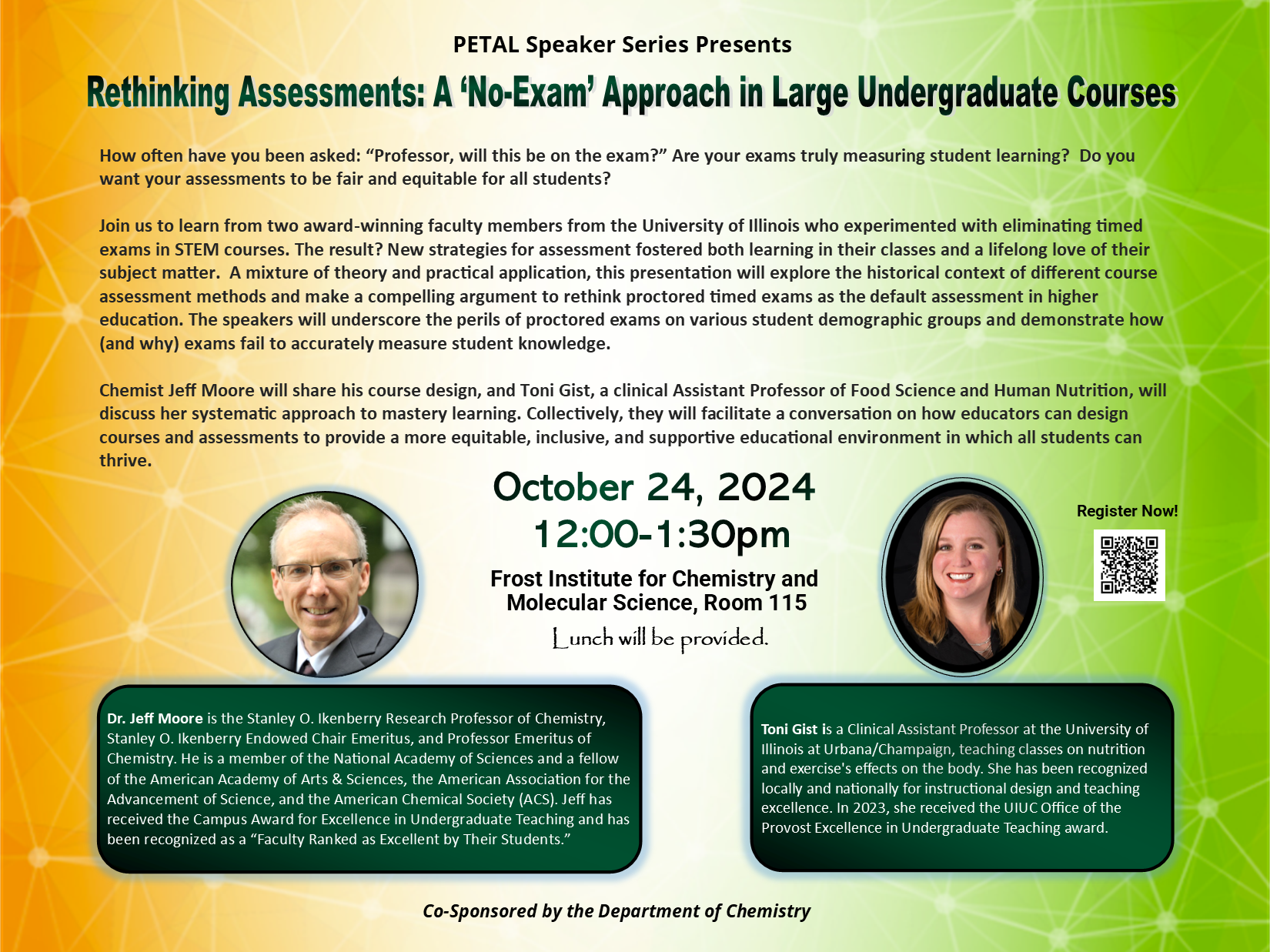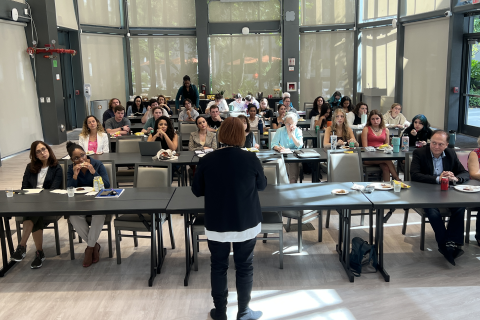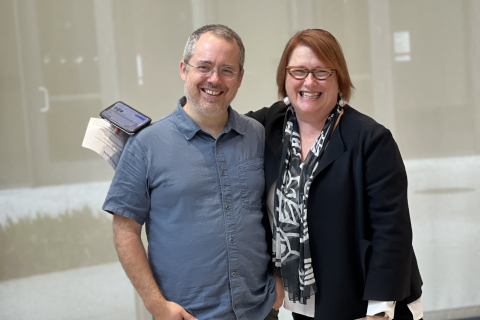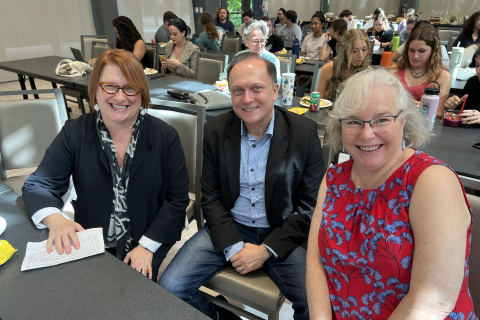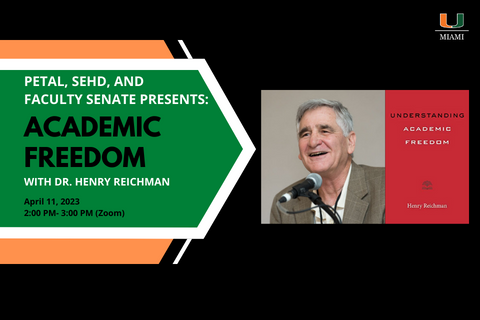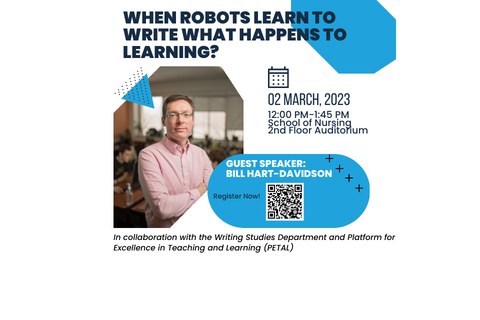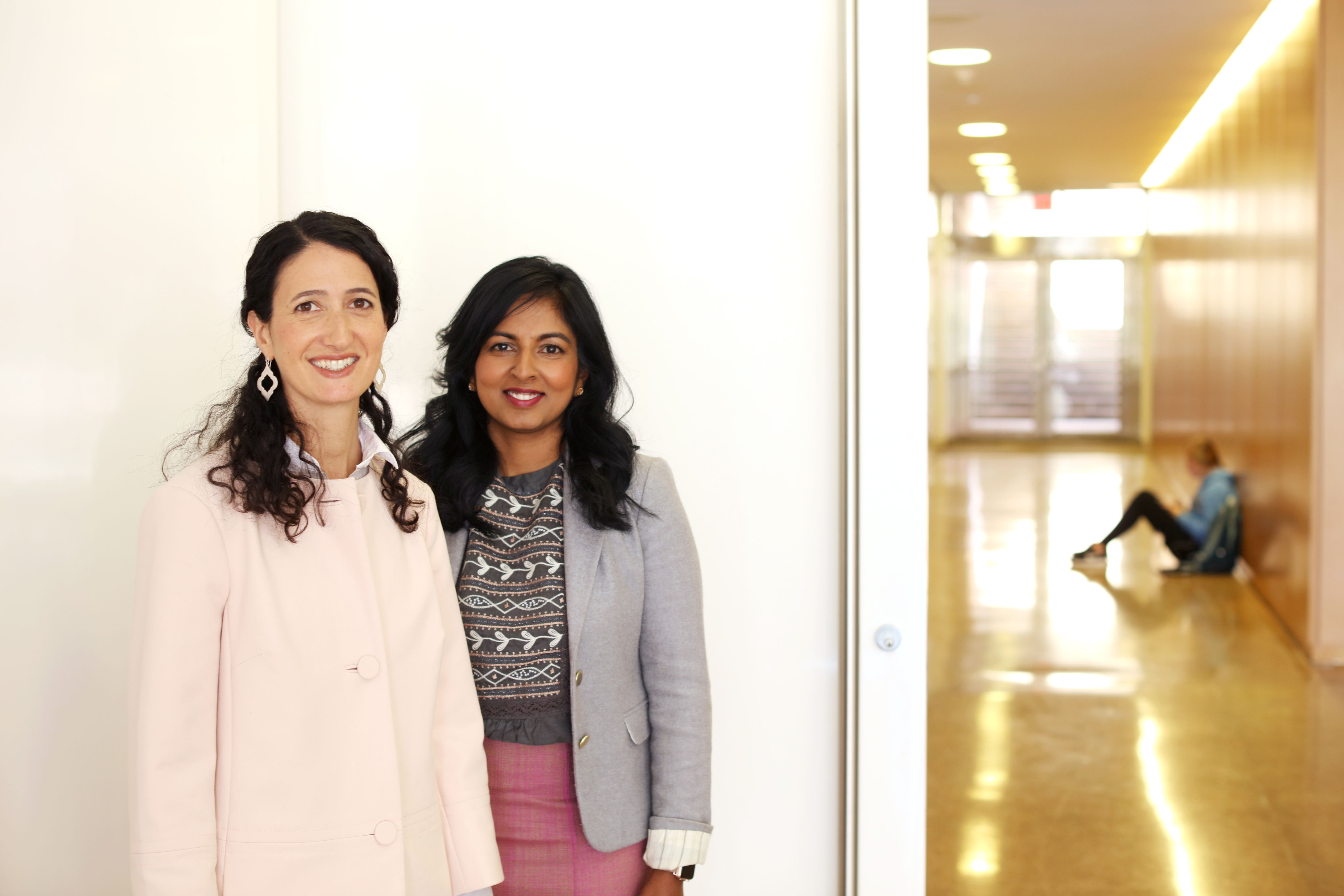Overview:
Speaker: Dr. Anna Neumann, Teachers College
Thursday, Mar. 25, 2021
Dr. Anna Neumann, Co-author of Convergent Teaching: Tools to Spark Deeper Learning in College, spoke about the innovative "convergent teaching" approach which looks holistically at the process of learning. Using this approach, college teachers are encouraged to simultaneously attend to students’ prior knowledge, the subject matter, and the social, cultural, and emotional context. Throughout the presentation, Dr. Neumann brought to life the convergent teaching approach by providing examples of some campus-based initiatives that implemented three key guiding principles including, targeting, surfacing, and navigating. Come join us as we offer new ways to support and advance your students’ learning.
Anna Neumann, Professor of Higher Education at Teachers College, Columbia University, studies teaching in urban colleges and universities, with an eye toward improving first-generation students’ subject-matter learning in first- and second-year courses (in general/liberal education), and in post-graduate work (in law school). In this work, she seeks to illuminate what good teaching means and how it unfolds, how professors learn to teach, and professional development practices and programs for supporting teaching improvement. Neumann’s research, which also examines professors’ intellectual careers, doctoral students’ learning of research, and academic organization and leadership, has been published in the American Educational Research Journal, Journal of Higher Education, Teachers College Record, Review of Higher Education, and others. A Fellow of the American Education Research Association and an elected member of the National Academy of Education, she also is the recipient of her field’s top two research awards: the Research Achievement Award of the Association for the Study of Higher Education, and the Exemplary Research Award of the American Educational Research Association, Division J (Higher and Postsecondary Education). Neumann is past president of the Association for the Study of Higher Education. For over a decade she directed the Program in Higher and Postsecondary Education at Teachers College where she also served as department chair.





